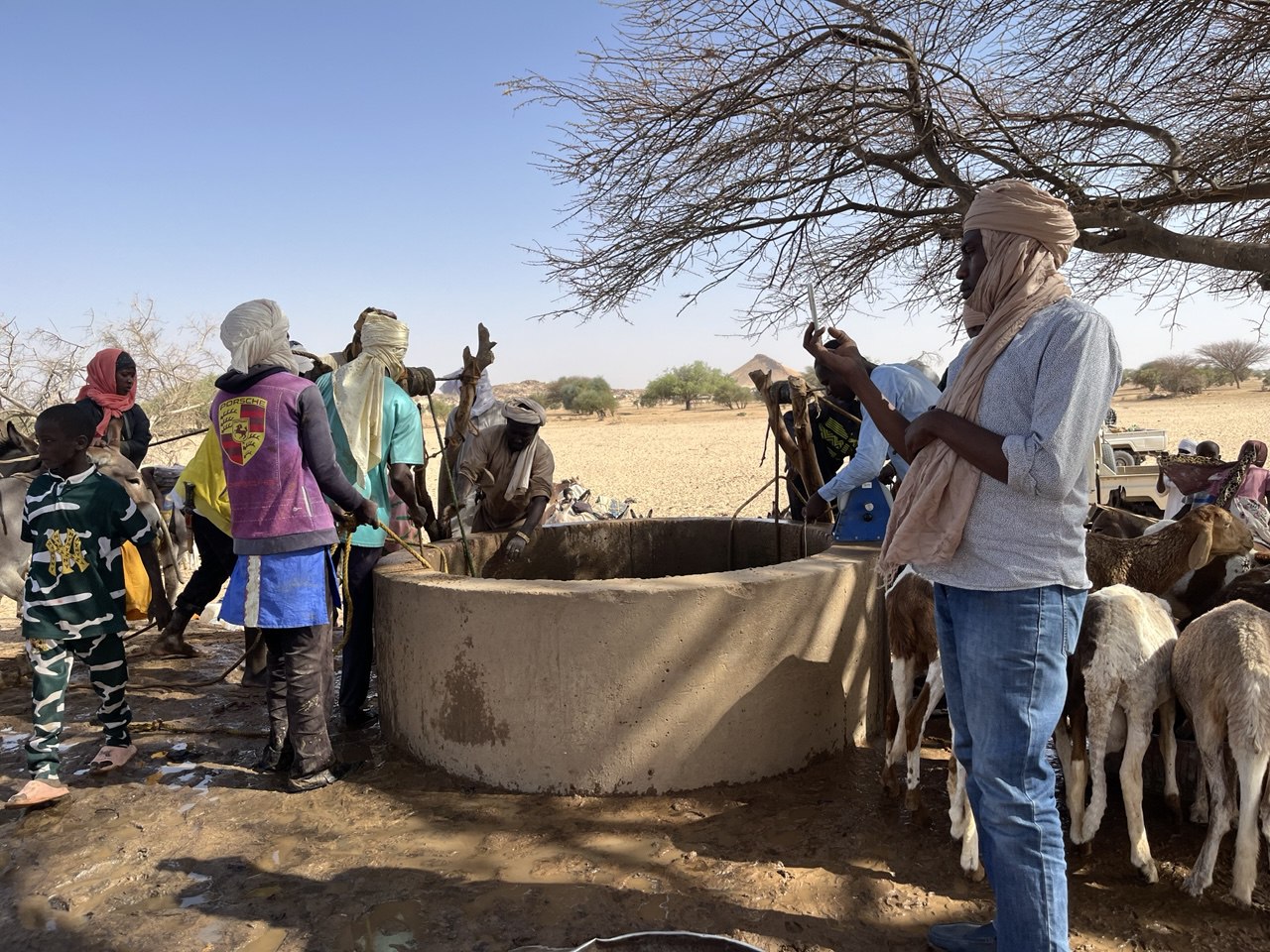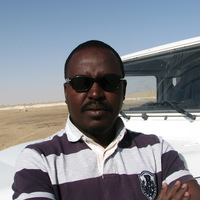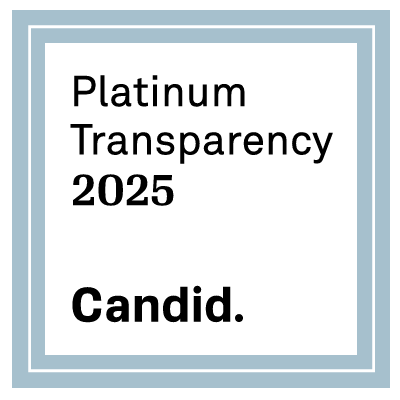Imagine a weekend without clean water.
For billions of people, this is their reality every day.
How You Can HelpActive water campaigns that need your help
Djedaa (Batha) Project
Our struggle is long to provide potable water to communities in need in Djedaa, a village close to Ati.
View ProgressMoundou Project
Providing potable water to people in need in south Chad where water access is a daily problem for people and children
View ProgressLatest Articles

Chadian Deputies Visit Amdjarass with Water4Chad to Assess Clean Water Access in Ennedi East

Professeur Moussa Abderamene : un partenaire scientifique clé aux côtés de Water4Chad
Solar-Powered boreholes: a sustainable water solution for rural Chad

Water For Chad et l’Université de Farcha signent un protocole de collaboration scientifique
How Your Support Helps Water4Chad Bring Hope to Thousands
Our Mission Statement
At Water4Chad, we are deeply committed to our mission of ensuring sustainable access to clean, safe water in Chad. Recognizing water as a fundamental human right, we focus on transformative solutions to the pressing water scarcity challenges faced in this region. Our goal is to impact lives positively, enabling health, education, and economic prosperity through reliable water access.
Our approach combines innovative water infrastructure projects with community empowerment and strategic partnerships. We believe in working hand-in-hand with local communities, understanding their unique needs, and building capabilities for long-term water management. By strengthening these communities, we aim to make a lasting impact, ensuring that our efforts lead to self-sufficiency and resilience.
Through Water4Chad’s initiatives, we strive to catalyze a cycle of positive change, creating a sustainable future where clean water access is a reality for every individual in Chad. Join us in our mission to transform lives and communities, one drop at a time.

Our Latest Success Story
In the remote village of Kourtchou Chouloum in the Kanem region of Chad, home to 400 people, access to clean water was a distant dream. The villagers faced daily challenges, relying on distant, often contaminated water sources. This all changed when Water4Chad stepped in.
Our team successfully drilled a well in the heart of Kourtchou Chouloum. This well, equipped with a durable hand pump and powered by solar energy, began providing safe, potable water to every villager. The impact was immediate and profound.
Health Transformation: The incidence of waterborne diseases drastically reduced. Children, once frequently ill, now enjoyed better health, allowing them to attend school regularly.
Economic Impact: With access to clean water, villagers began cultivating small gardens, contributing to their food security and generating additional income. Women, previously spending hours fetching water, now had time to engage in other productive activities.
Educational Benefits: With improved health and less time required for water collection, school attendance increased. Education, once a secondary priority, became accessible for more children.


